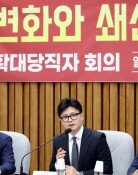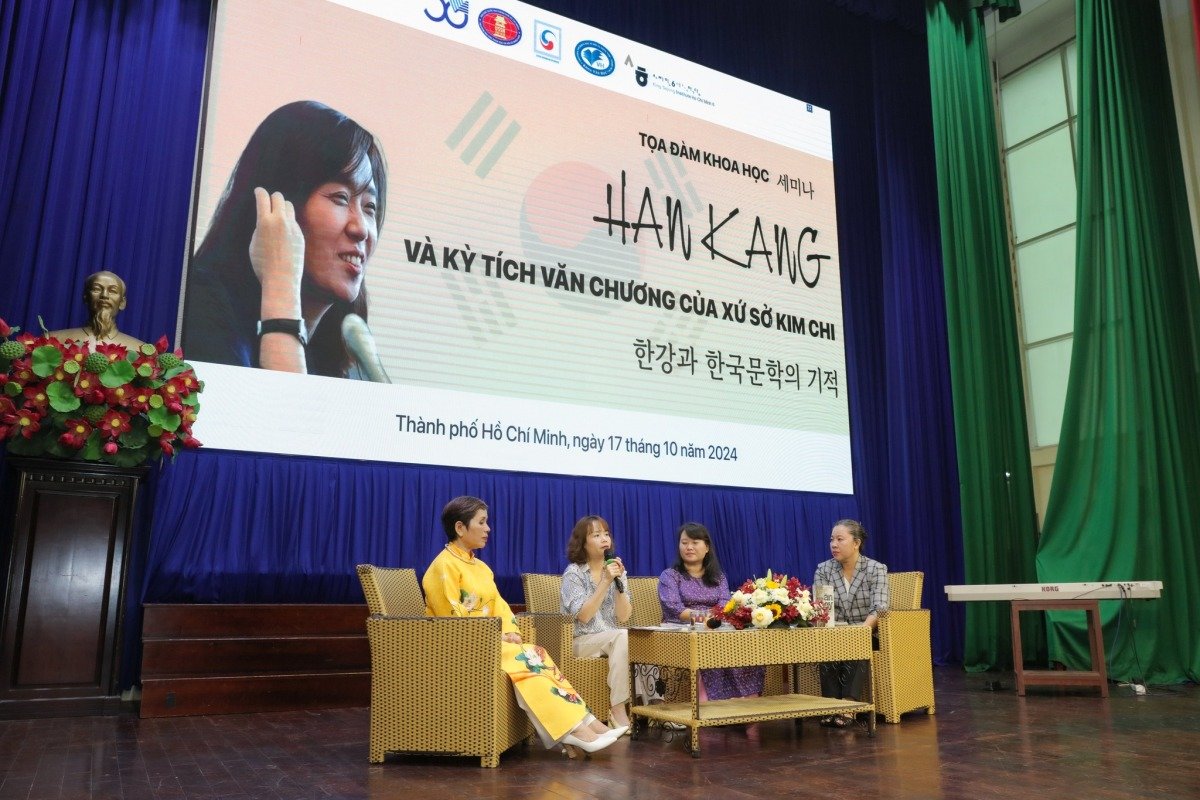[Editorial] Daewoo Motor's foolish choice
[Editorial] Daewoo Motor's foolish choice
Posted November. 08, 2000 20:31,
After the 15 months of rescue efforts, which began in August last year, the country's giant car manufacturer, Daewoo Motors, now appears fated to face a very uncertain future due to its final default on the payment of its maturing bills. Our profound concern here is the seismic fallout its bankruptcy will have on our economy.
Daewoo's some 10,000 parts suppliers are also facing the grim prospect of chain bankruptcies as it became impossible for them to make credit claims against Daewoo Motors. It is an extraordinarily dire situation that some 600,000 workers will have to be laid off before the cold winter season. We are afraid that this may jeopardize the nation's entire economy, which is already experiencing no small difficulty. Unless the situation is settled early, long delays in our economic recovery appear inevitable.
Once Daewoo Motors is placed under court receivership, the future of the firm is also troublesome. The nation has to suffer great losses from the firm's depreciation of capital values. Worse yet, it is questionable that we can negotiate in good terms with General Motors (GM), which is the only viable bidder for the sale of Daewoo Motors.
The New York Times reported Tuesday that GM may withdraw its bid if Daewoo's labor union does not agree with the firm's restructuring plan. This means that GM will not purchase the firm if it cannot undertake the firm's structural reforms due to the labor union. If the deal is foiled, the financial burden on our domestic economy will be astronomical.
The decision by Daewoo's creditor banks to let the firm go bankrupt is due to the union's rejection of the company's restructuring plan. We realize the pains and difficulties of the workers, but it would have been more persuasive if they agreed, first, to save the company facing its impending bankruptcy, and made their demands afterward. The union's rejection of the reform plan due to the layoffs of some workers has brought about the tragic consequences that led to all workers being laid off. What, after all, has the union gained from the situation?
The postponement of the firm's bankruptcy several times by the creditor banks and the government must be duly appreciated as their last-ditch efforts to hold mutual dialogue and to prevent the all-encompassing shock-effects from bankruptcy. Yet, we wonder if it was not possible at all for the creditor banks to come out with more flexible negotiating tactics that would have enabled the union to agree with the restructuring plans, at least in principle, or in declaratory intent. It was hardly reasonable for the creditor banks to demand that the union accept the pre-determined number of workers to be laid off.
At any rate, the situation is dictating our action. What we should do here is not make recriminations against someone else, but engage in an effort to minimize the adverse effects of our foolish choice for such consequences. We may not feel particularly obligated to take care of those who made such a choice themselves. But, urgent measures are imperative to minimize any losses that may occur to those innocent people who have had nothing to do with such a foolish choice as the parties in the Daewoo case made.
Headline News
- Presidential Office signals possible offensive weapons aid to Ukraine
- N. Korea reportedly prepares military balloon attack with Russia
- Medical associations join bipartisan talks on expanding medical school quotas
- Former world No. 1 Ko Jin-young returns to LPGA
- Kakao unveils AI service ‘Kanana’ at 'if Kakao AI 2024'







